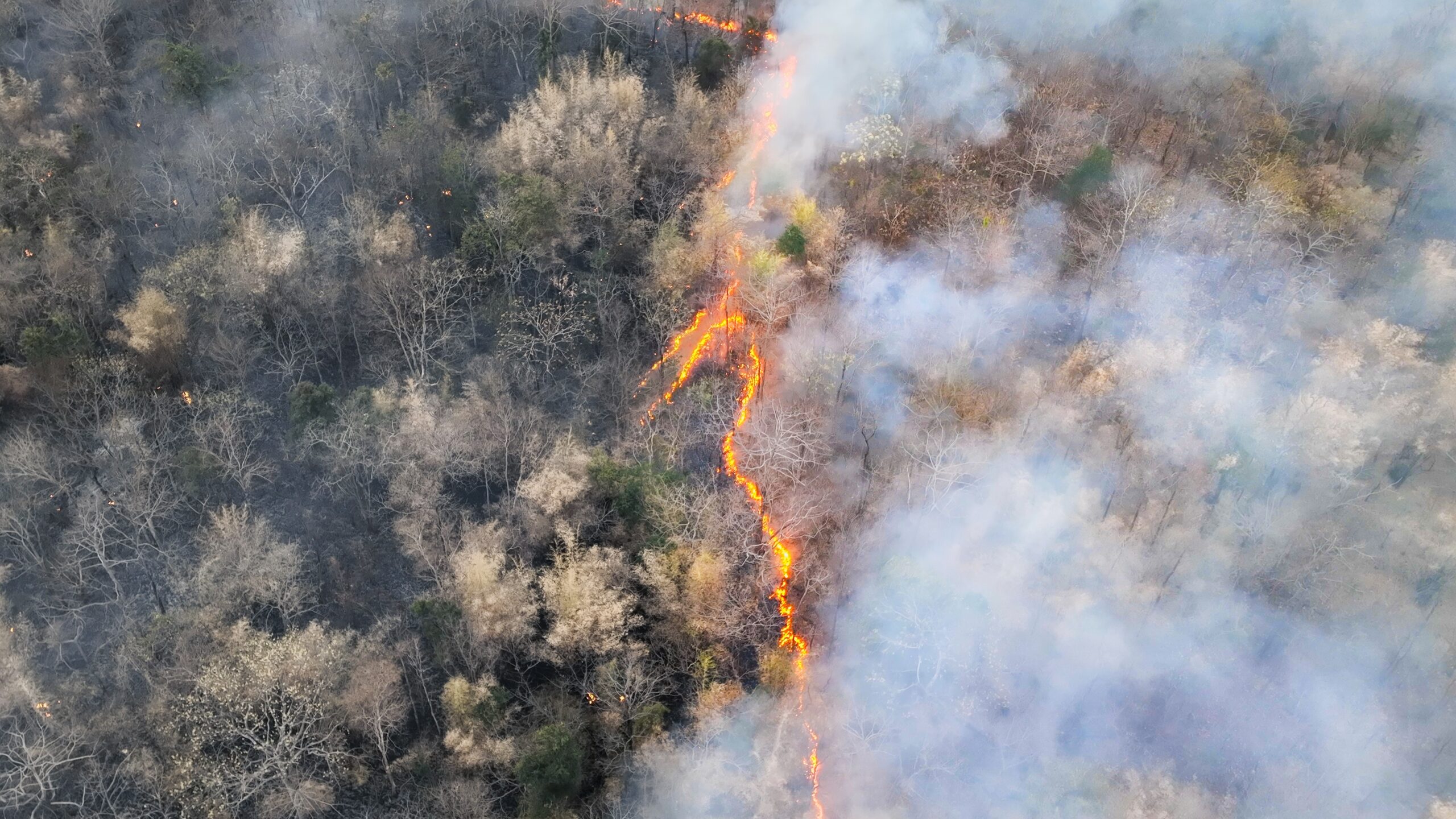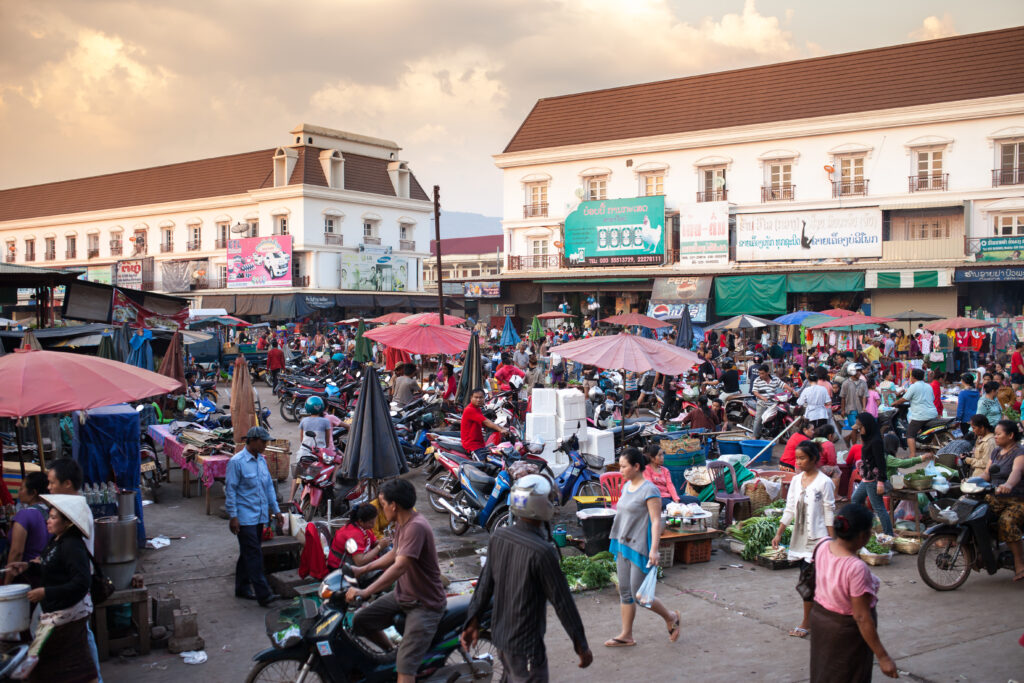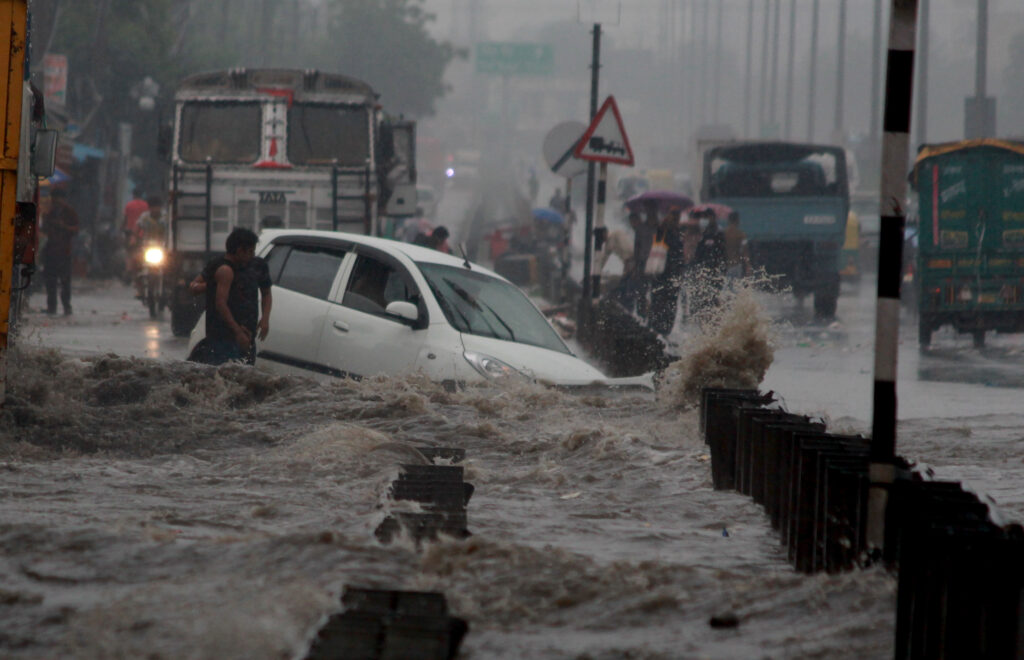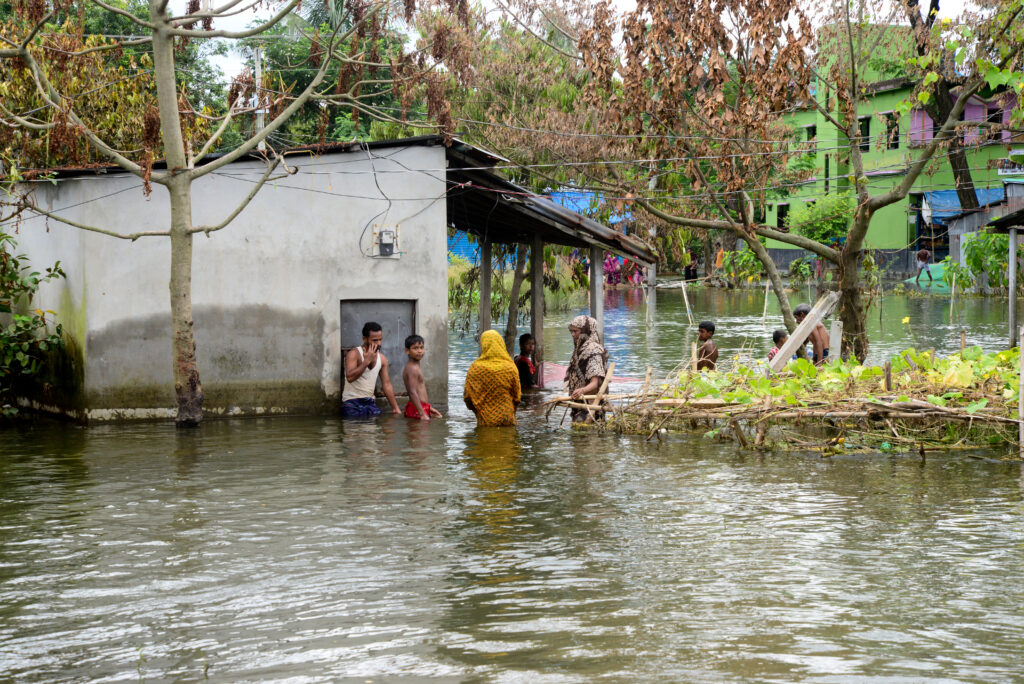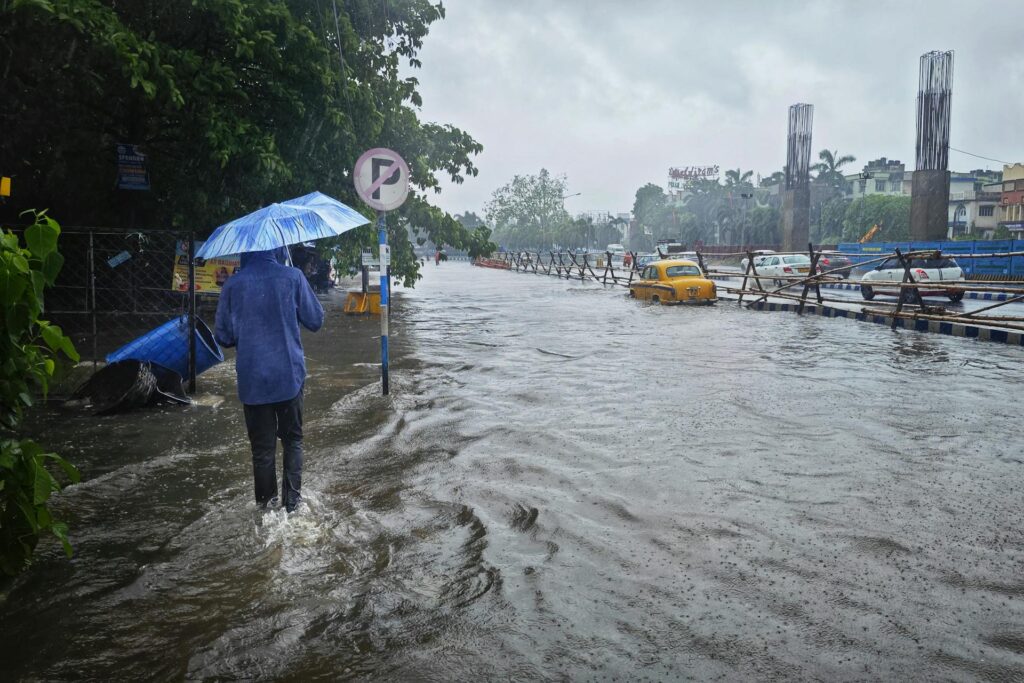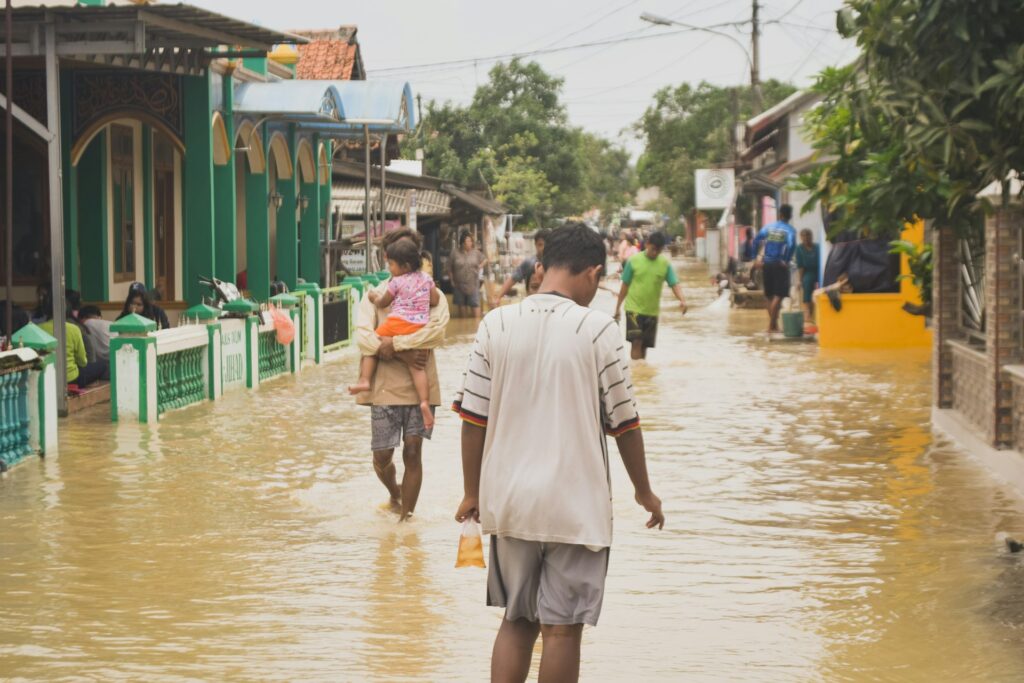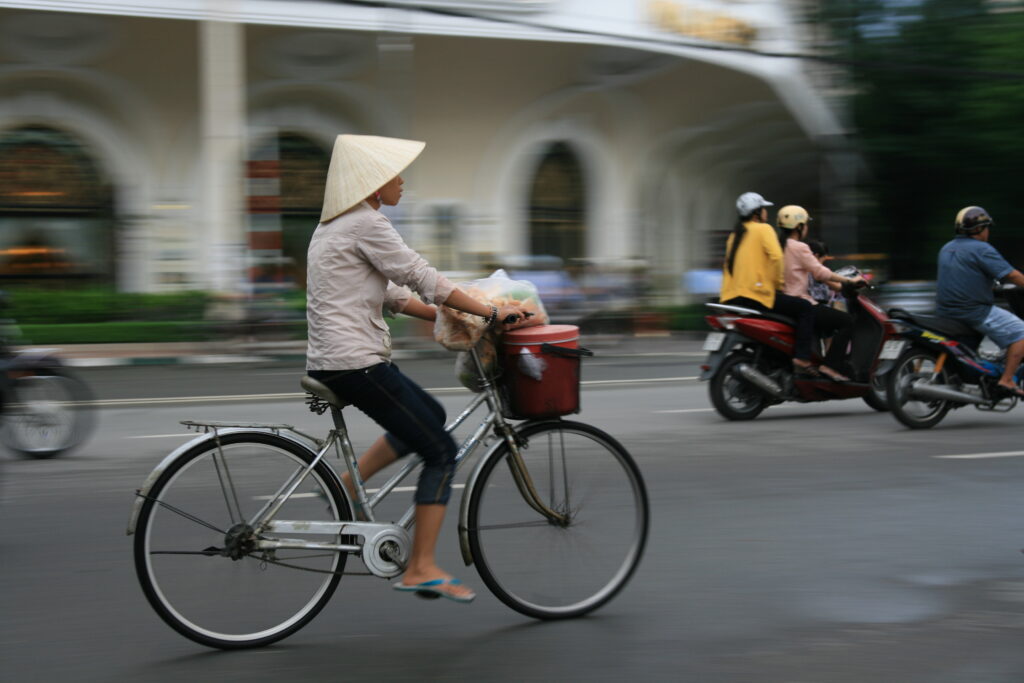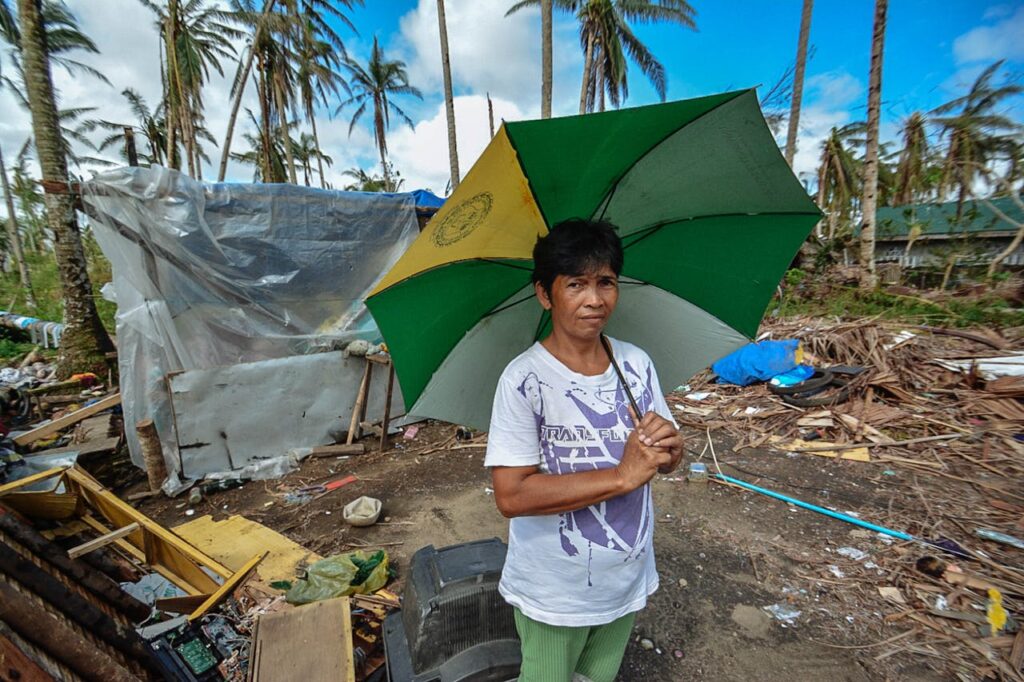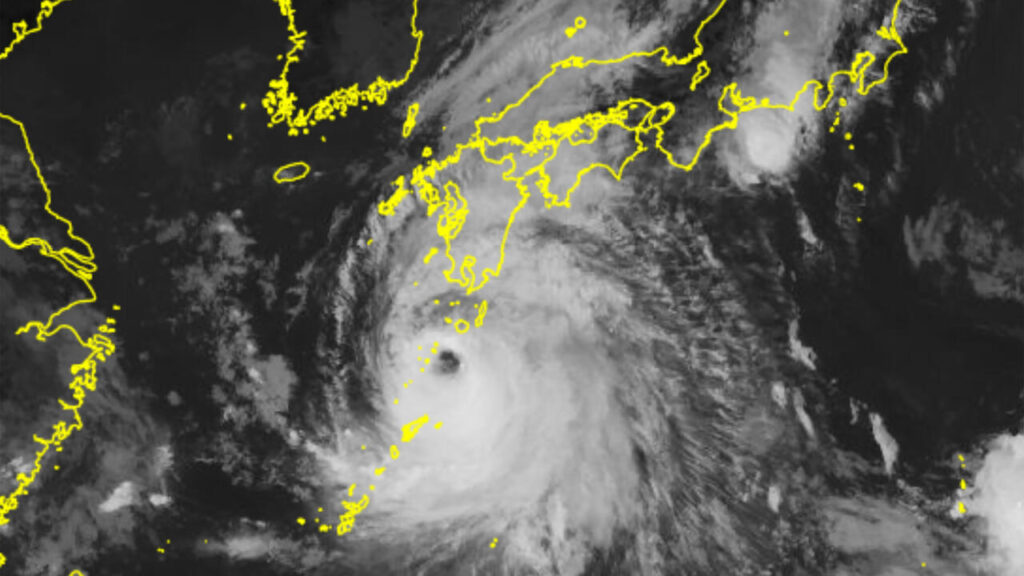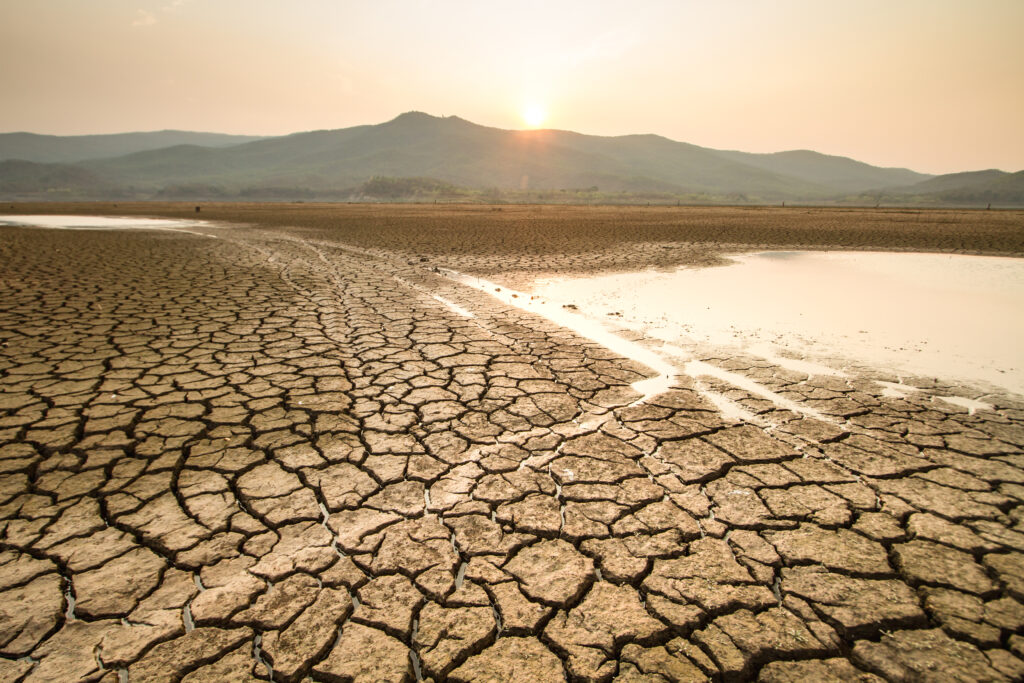2024 Southeast Asia Heat Wave
Southeast Asia is grappling with the effects of a severe heatwave, with record-high temperatures triggering urgent health warnings, school closures, fears of water shortages, supply problems and crop damage. “Thousands of records are being brutalised all over Asia,” wrote climatologist and weather historian Maximiliano Herrera on social media, calling the heatwave the “most extreme event” in climate history.
In Indonesia, dry weather has led to soaring rice prices. Temperatures in Thailand’s waters are so high that scientists fear they could destroy its coral. Vietnam recorded its highest-ever temperature of 44.1°C in early May, with authorities warning of the risk of dehydration, heat stroke and forest fires. There are fears the heat could become more severe through May and June as summer unfolds, and the extent of human harm will be largely unknown. “Because heat-related deaths are so poorly counted, especially in the Global South, we will never know how many people are dying (to say nothing of suffering and economic losses) during this extreme heatwave in Southeast Asia. Thousands, most likely,” wrote climate journalist Jeff Goodell.
Coinciding with this widespread and extreme heat, the World Meteorological Organisation (WMO) released its State of the Climate in Asia report for 2023. It found that Asia remained the most disaster-hit region from weather, climate and water-related hazards in the world, with an accelerating warming trend and more severe heatwave impacts.
WMO Secretary-General Celeste Saulo said the report’s conclusions were “sobering”. Not only did many nations in the region suffer their hottest year on record in 2023, but they also faced a barrage of extreme conditions – from droughts and heatwaves to floods and storms. “Climate change exacerbated the frequency and severity of such events, profoundly impacting societies, economies and, most importantly, human lives and the environment that we live in,” said Saulo.
Extreme Heat Is Becoming More Severe in Asia
The WMO’s report highlights that Asia’s soaring temperatures are threatening humans’ lives and their well-being. However, despite the growing health risks from extreme heat, heat-related mortality remains frequently unreported.
In 2023, record-breaking high temperatures and drier conditions also caused mass loss for Asia’s glaciers. These glaciers have already lost significant mass over the past 40 years at an accelerating rate – threatening water security and increasing disaster risk. For example, a 2023 glacial lake outburst flood in India caused the Teesta III hydroelectric dam in Sikkim to collapse, resulting in over 100 deaths and extensive damage.
Sea surface temperatures also hit record highs in 2023. In many areas surrounding Asia, the warming rates are over 0.5°C per decade – approximately three times faster than the global rate. Scientists have previously found that higher sea surface temperatures could turn the South Asian monsoon – crucial to the food and water security of billions of people – weaker and drier. In India in 2023, the summer monsoon arrived late and overall rains fell 6% below the 1971–2000 average.
Excessive Heat Impacts Vulnerable Communities
Climate events continue to disproportionately impact vulnerable countries, said Armida Salsiah Alisjahbana, executive secretary of the Economic and Social Commission for Asia and the Pacific (ESCAP). Analysis by the World Weather Attribution (WWA) also found that Asia’s 2023 heatwave would have been “nearly impossible” without human-caused climate change — primarily driven by the activities of wealthier nations.
Within nations, extreme heat impacts also fall disproportionately. The WWA found that for Bangladesh, India, Thailand and Laos, the extreme heat most severely impacted the poorest and with the least ability to cope. For example, people who are homeless, those living without reliable electricity and those without access to green spaces, water, air conditioning and clean water are all at higher risk from the dangerous effects of heatwaves. The urban heat island (UHI) effect is also often stronger in poorer neighbourhoods. Cities in Indonesia, Malaysia and the Philippines – where average temperatures can be up to 5.9°C warmer than rural surroundings – suffer from the strongest UHI effects in Asia.
Outdoor workers, who must labour outside to earn a living, are also at risk of dangerous heat stress. In Pakistan and India, hundreds of millions of workers spend every day outside, putting their health and lives at risk. Women also have heightened and specific health and financial risks from heat exposure. In India, women lose nearly a fifth of their paid working hours to heat, which is pushing female wages below the poverty line in sectors including agriculture, which accounts for 70% of total female employment. Moreover, a stark gender gap in access to cooling services means an estimated 60% more women lack access compared to men.
Keeping People Safe from the Effects of Heatwaves
Dr. Friederike Otto from the WWA said the world needs better policies to combat the risks of heatwaves. “Heat action plans are only being introduced very slowly across the globe. They need to be an absolute priority adaptation action everywhere, but in particular in places where high humidity enhances the impacts of heatwaves.” Keeping people safe from heat can include workplace interventions such as regulated rest periods, fixed hours of work and rest-shade-rehydrate interventions (RSH). Sustainable cooling solutions and greening cities are also key solutions and should be a priority for policy-makers, focusing on areas and communities at the highest risk.
As well as national heat plans, collective global efforts advancing bold climate action are also vital. Harjeet Singh, global engagement director for the Fossil Fuel Non-Proliferation Treaty Initiative, said this involves wealthier nations providing financial support to address the disproportionate climate damage in Asia. “Developing countries in Asia bear the brunt of climate-related adversities without adequate means to combat foreseeable disasters and the worsening impacts of climate change,” said Singh. International finance for adaptation and loss and damage is therefore vital to empower these countries to build resilience and respond to these inequitable climate impacts.
Evelyn Smail
Writer, United Kingdom
Evelyn is a freelance writer and journalist specialising in climate science and policy, the just energy transition and the human impacts of climate change. She writes for independent publications, NGOs and environmental organisations. Evelyn has a background in sustainable development, climate justice and human rights.
Evelyn is a freelance writer and journalist specialising in climate science and policy, the just energy transition and the human impacts of climate change. She writes for independent publications, NGOs and environmental organisations. Evelyn has a background in sustainable development, climate justice and human rights.

